New Expanded Realities curator Albert Millis has just completed the immersive selection for the next Open City Documentary Festival 2021 (in venues across London between 8th – 14th September 2021 and online 13th – 23th September). In a very busy week before the event, we discussed the post-pandemic effect on documentary filmmakers and the general role of this important XR genre.
A freelance technician at University College of London, Albert is also the COO of Virtual Umbrella, a Brighton-based marketing, consulting and events agency that works for brands inside (or not) the immersive field.
Cover: MYRIAD. WHERE WE CONNECT (2021)
Onboarding Open City Docs
Albert Millis – Open City Documentary Festival has been running for quite a long time now, starting in 2010. It’s quite an iconic and known festival that takes place in London, and has included an immersive section called Expanded Realities for the last four years now. There’s always something happening in the UK regarding the XR industry. We’re very fortunate here to have a number of different institutions, programs and organisations that support, elevate creatives and filmmakers. CreativeXR, and XR collectives like Immerse UK … The festival is part of this incredible national energy, but more importantly part of the University College London.
A. M. – This is my first year of programming and producing the festival, and I managed to find my way into this partially because of my previous work producing the expanded strand for the London Film Festival last October (link). And then also in part due to the fact that I’m currently working at University College London (UCL), helping on the Immersive Factual Storytelling master’s course. So between those two things, they approached me and they said, would you be interested in programming the strand? I said, yes, absolutely.
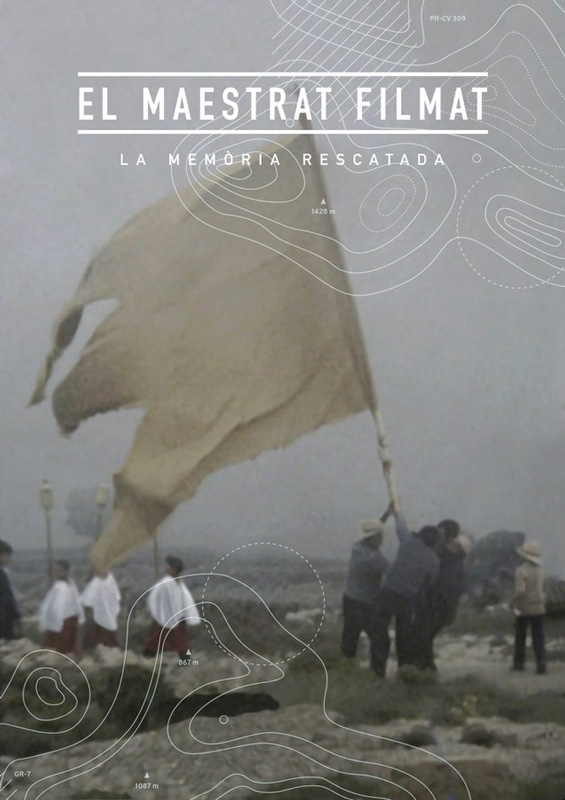
About Expanded Realities 2021 – A Curation
A. M. – We had a lot of work submitted that was very introspective and reflective, almost a kind of processing of this global trauma and grief that people have been going through. Everyone’s mental health has been affected in some way or their entire life has completely changed in the last two years. And there was lots of work that thought about this – about Covid or other contexts. You can almost feel the influence of a global pandemic on these pieces.
A. M. – Virtual reality broke the “flat” documentary and film storytelling by exploring new ways and technologies to highlight stories. People are experimenting, and even just the difference between a linear 360 documentary versus an interactive documentary is a big step. Your brain remembers it in a different way when you watch a VR film. You don’t remember as “I watched it”, you remember as “I was there or I did this, I left this”… It’s a really powerful tool for the documentary genre, especially as we continue to see people innovating and watching on more things and finding ways to make it more realistic. It’s more about how do we create something that’s impactful and that makes the viewer really emphasise and resonate with the subject or the topic of the work.
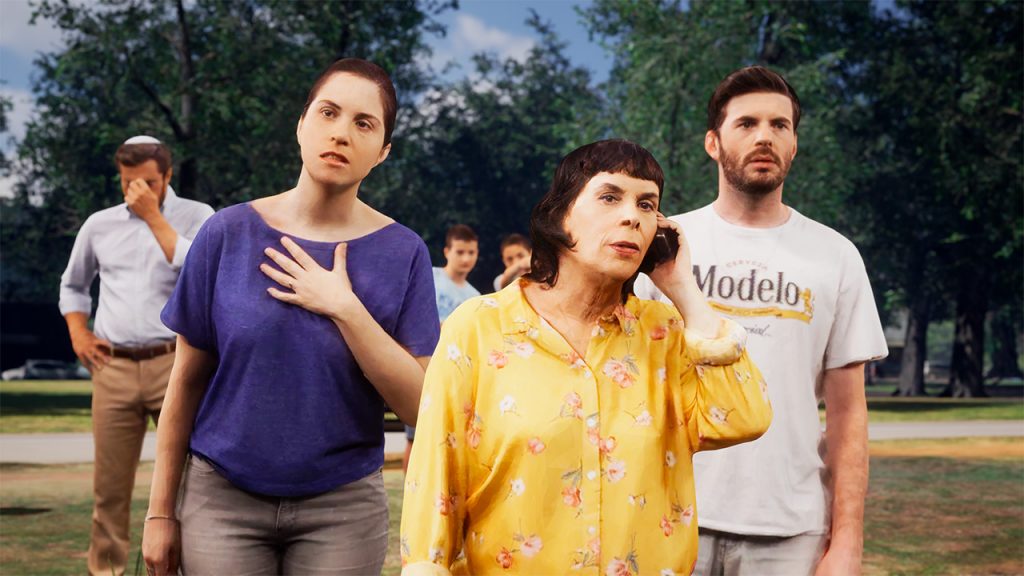
A. M. – There’s a level of responsibility that filmmakers have for their audience as well, because immersive content, 360 or virtual reality is so much more impactful, meaning that if your piece is about something traumatic or something sad, it can affect your viewer a lot more than you could with a traditional film. There’s a balance that we need to hit between making something really immersive and making sure the person really feels and they live that experience versus not giving them post-traumatic stress disorder (in a way).
A. M. – There’s also a lot of work about identity, gender, heritage and sexuality identity, exploring personal histories and almost a sense of togetherness and community as well. This might be related to where people are trying to find connection after being separated for so long. And it felt quite obvious to build the Expanded Realities selection around these themes. Pieces like EL MAESTRAT FILMAT or LITTLE PAKISTAN do that, to look back at certain areas. The second one looks at the people who are from Pakistani origin who have all kind of culminated and come together in New York. then we have things like the LGBTQ+ VR MUSEUM, which I’m really excited to present as a world premiere. It’s a virtual reality museum – where once you’re inside the exhibition, you can see all these different artefacts with audio testimonials.
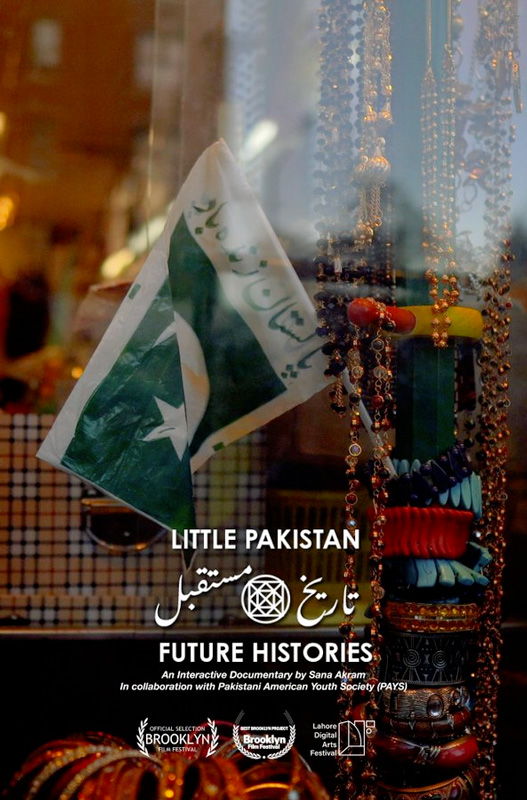
Opening (virtual) doors
A. M. – The idea behind the UCL showcase in our Expanded Realities line-up is that – since taking on this freelance work at UCL – I’m meeting so many people in other departments that are doing amazing things with immersive technologies: computer science, multi-users environments, architecture (The Bartlett School of Architecture), The Slade School of Fine Art, UCLH (University College London Hospital), and all of the medical schools and medical practises, the School of Pharmacy which is using immersive technology for things like cardiovascular treatment, being able to visualise what a heart looks like so you can do more in-depth surgery to increase success rates or to increase training efficiency in training effectiveness. The UCL showcase is about cool stuff happening that isn’t necessarily film or documentary. And it’s all about showing real applications of VR technology to our visitors!
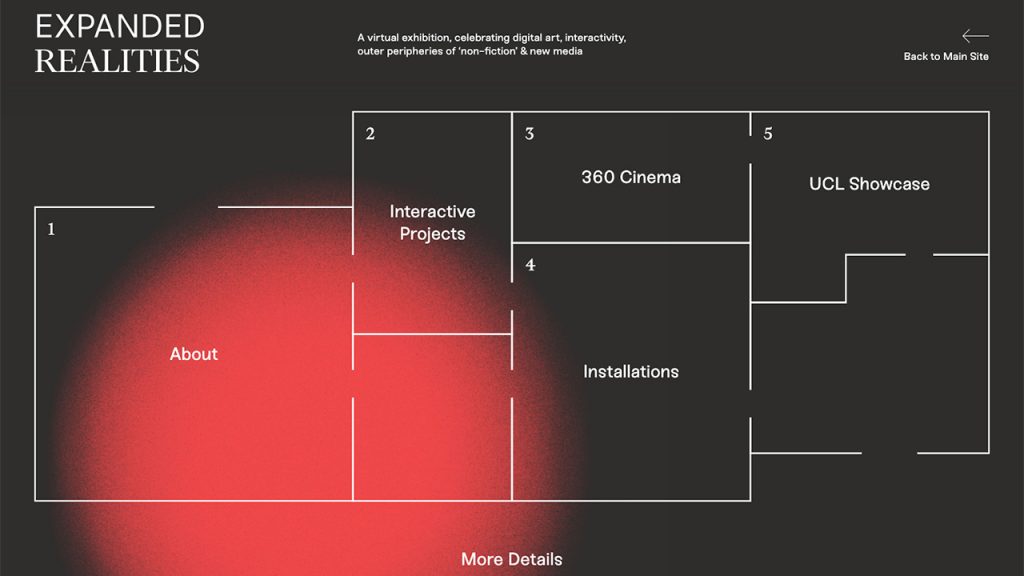
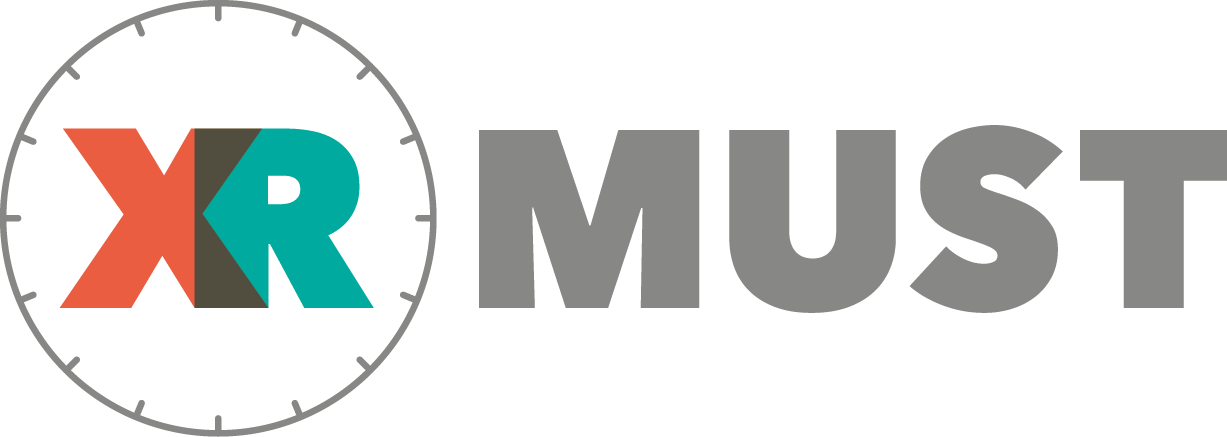
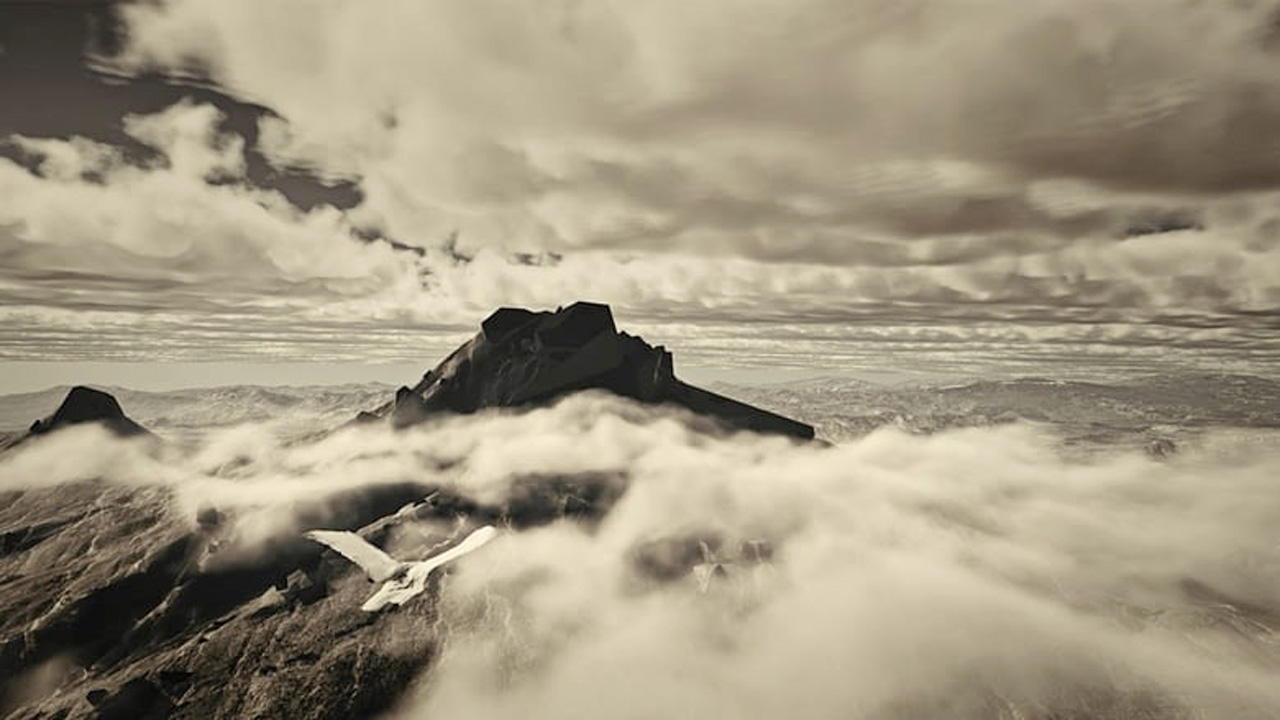
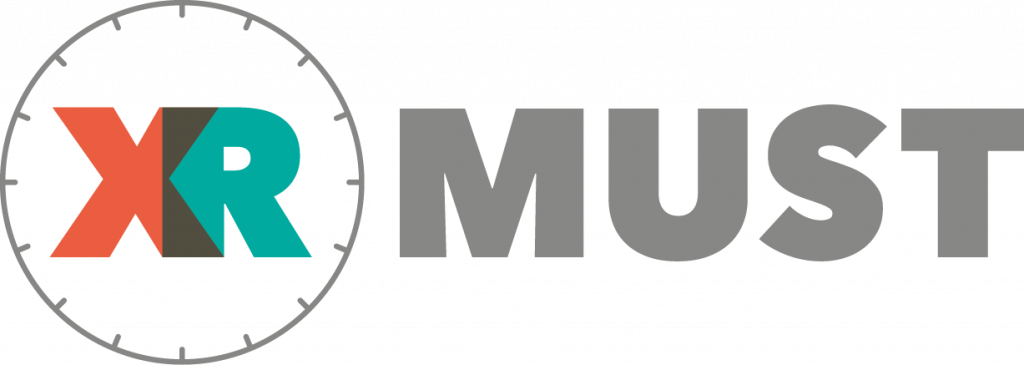
Leave a Reply
You must be logged in to post a comment.